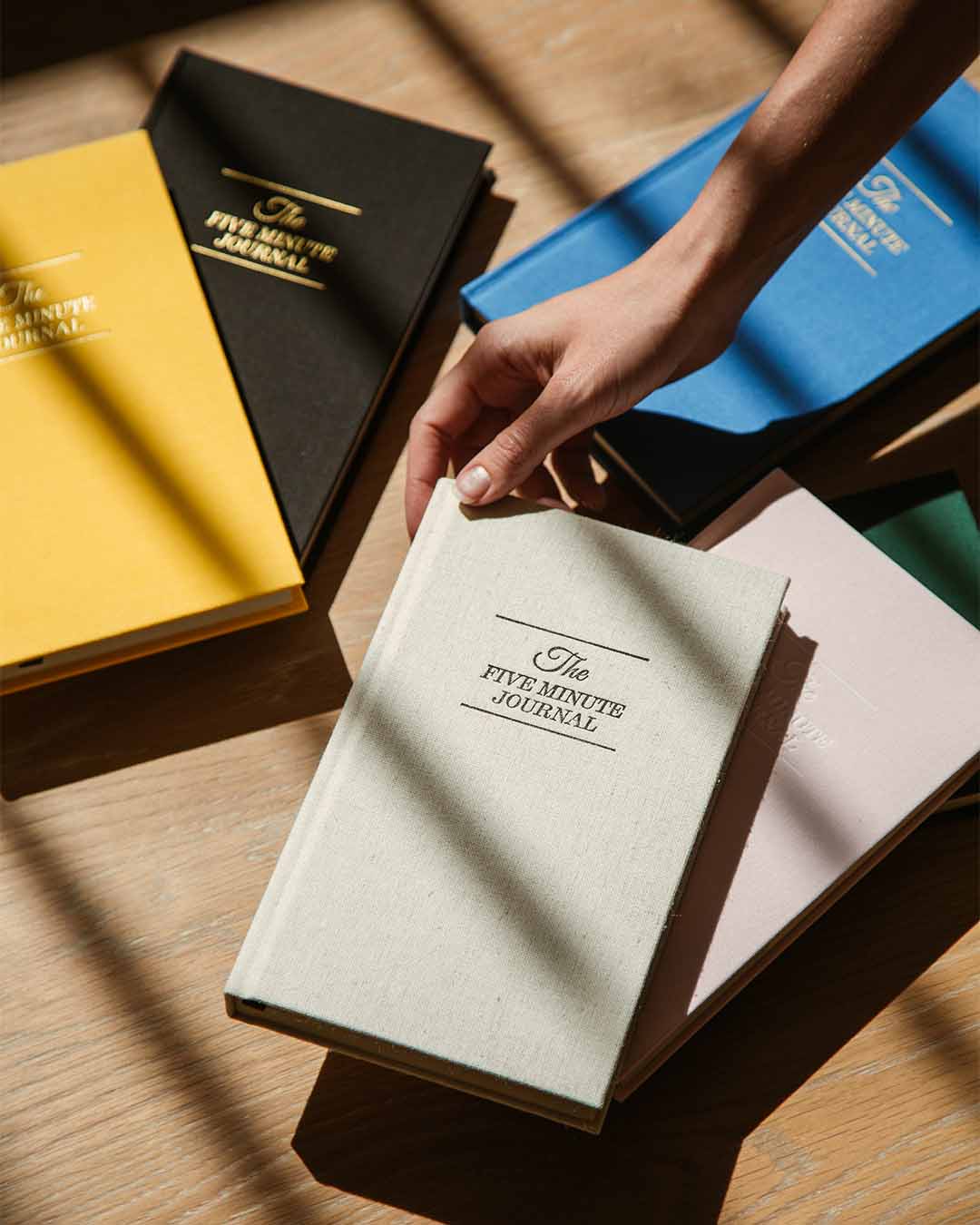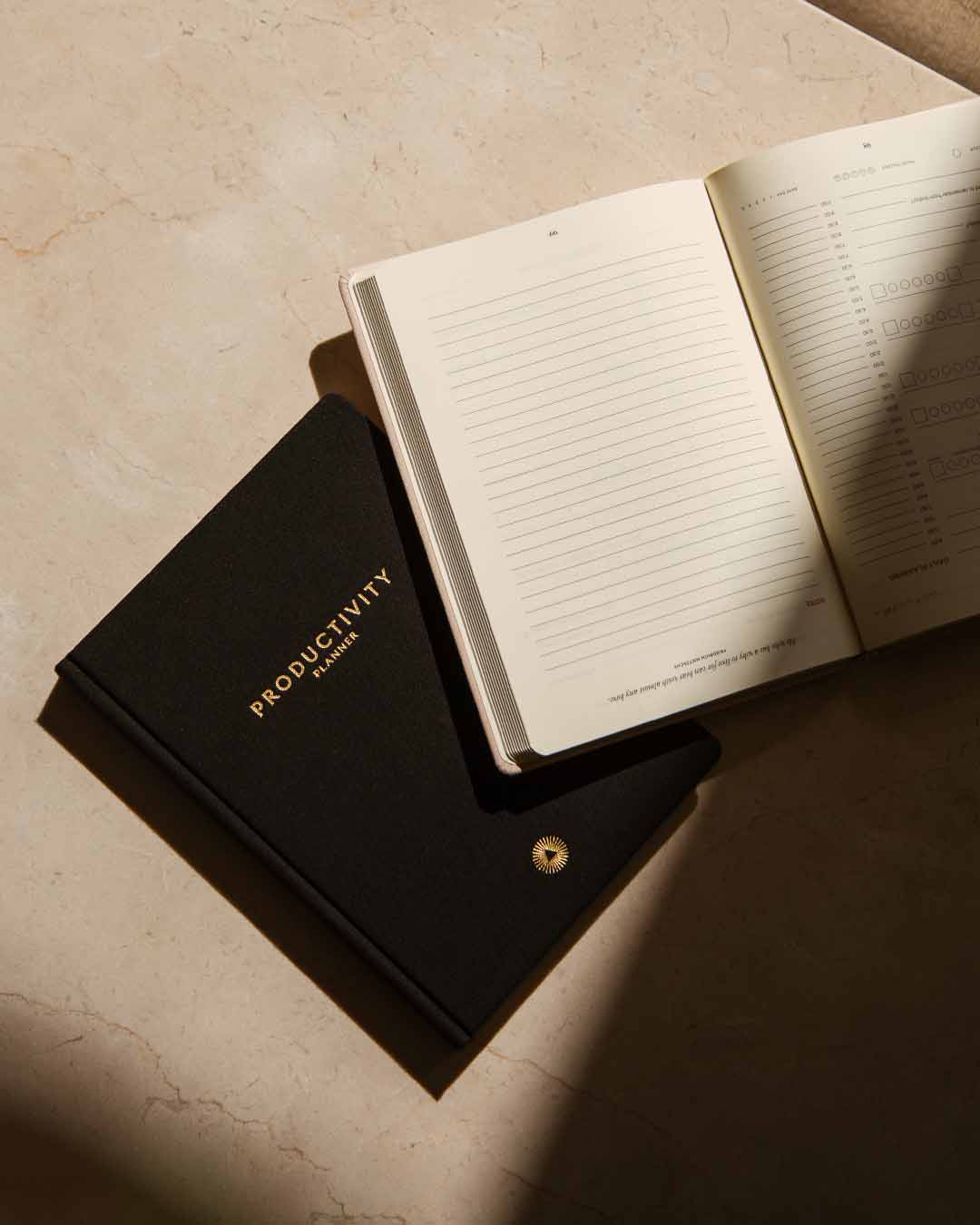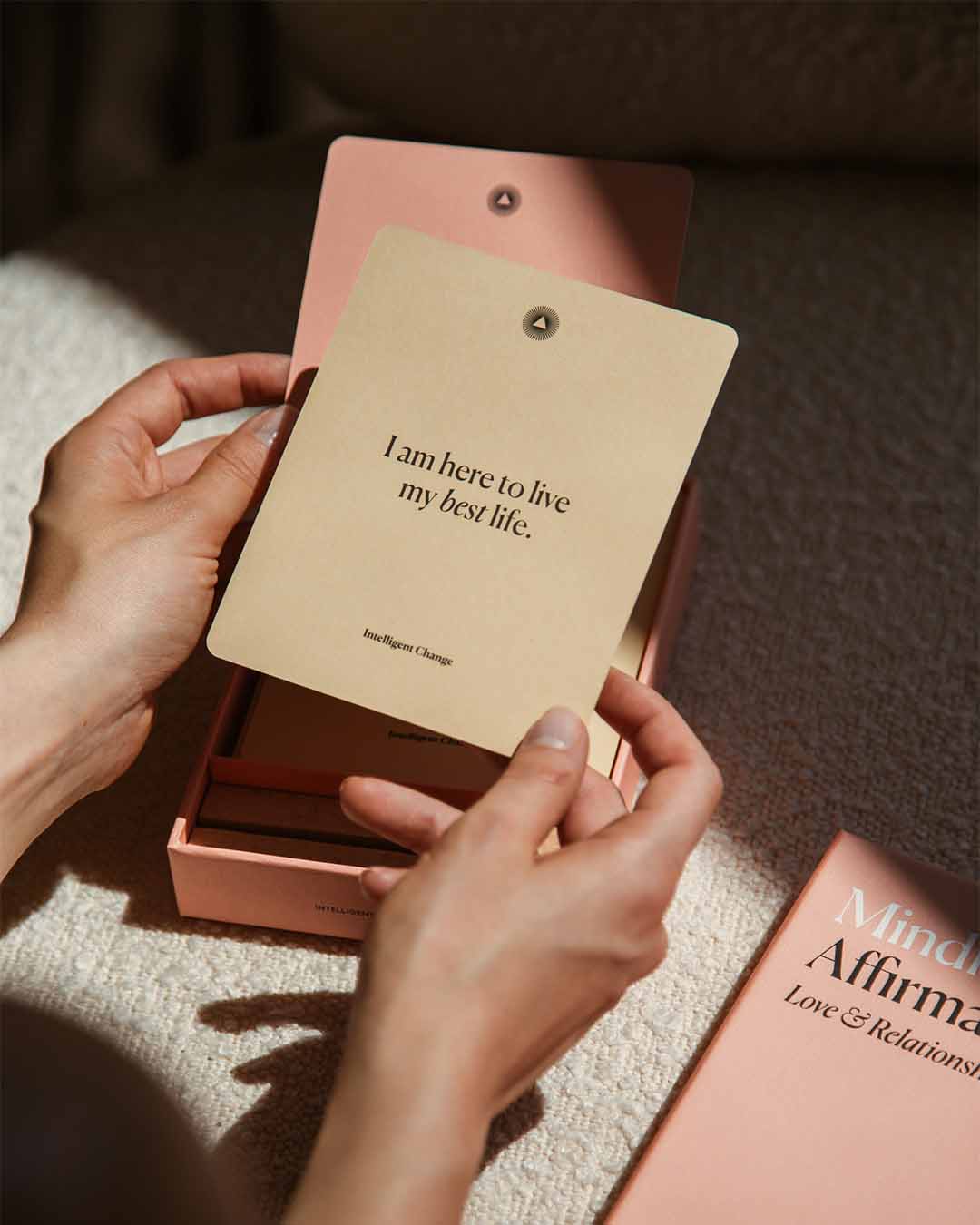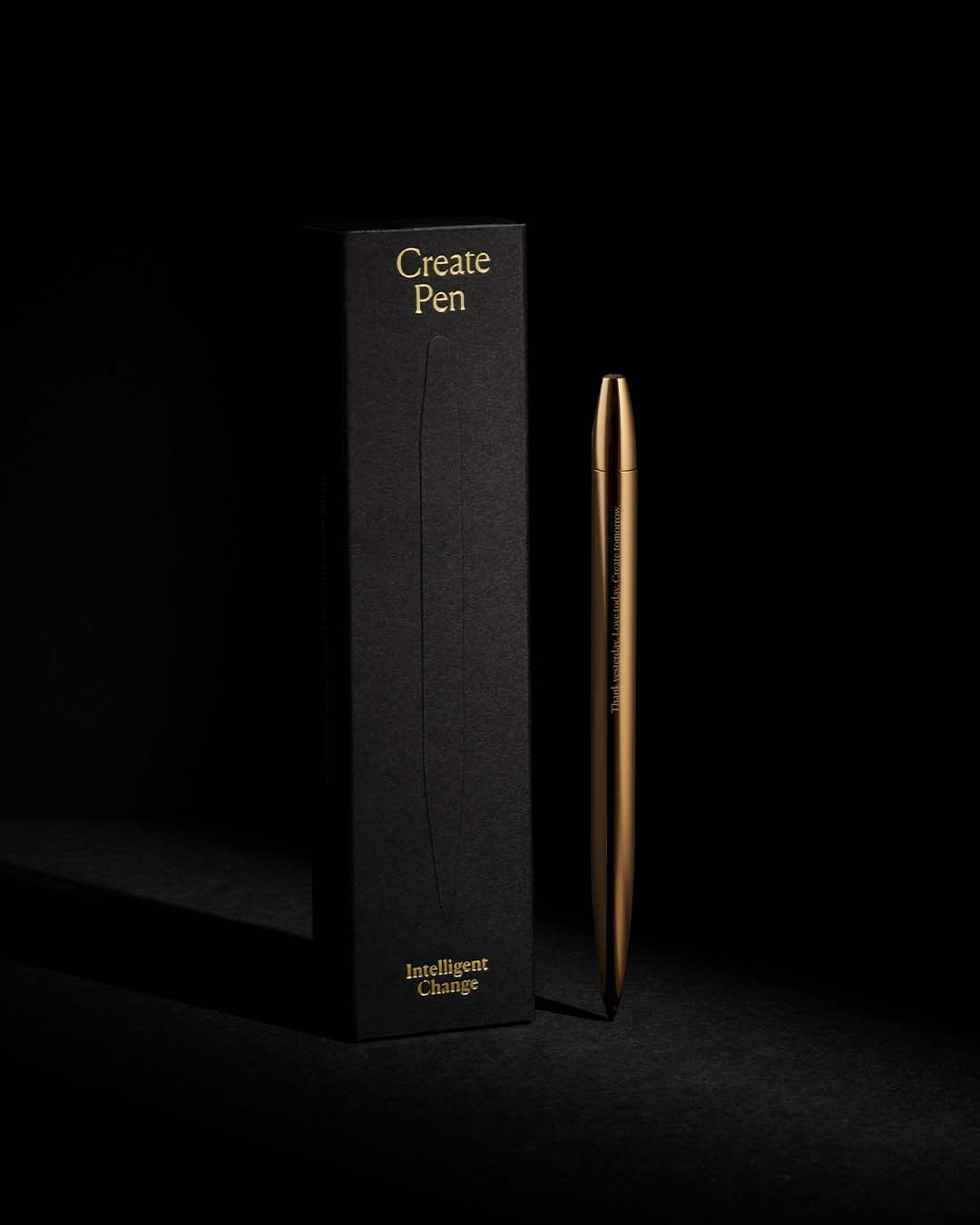The Art and Magic of Noticing Your Life
by Kinga Lewandowska
In 2010, at the Museum of Modern Art in New York City, Serbian performance artist Marina Abramović conducted a static silent piece called ‘The Artist Is Present’. For 736.5 hours spread over nearly three months, the artist sat in a chair in the museum's atrium while spectators were invited to take turns sitting opposite her engaging in silent eye contact.
In total, the artist sat with 1,545 individuals, many of whom found the experience deeply moving. Some cried, some smiled, others froze in contemplation. The intensity of the prolonged eye contact created a powerful connection between Abramović and each participant. This simple act of being deeply present with another person brought about a range of emotions that often lie dormant or intentionally buried in our everyday lives.
Great art peels back the layers of depth inside us we didn't even know existed. It trains our self-awareness, refocuses our attention, and, delicately, opens our hearts to the wonders that lie behind the veil of mundanity. It makes us notice more. How do we replicate that experience on the daily? We allow ourselves the freedom to venture outside of the norm.
To find the sublime in the mundane, you need to take off the blindfold of expectations, tradition and other dogmas, and look at life with more reverence. You must be willing to train the muscles of imagination and pay close attention to those inapparent more-than-meets-the-eye details of life. You are capable of jaw-dropping awe. But you need to know where and, more importantly, how to look for it. You need to notice the crack shaped like a doorway.
“I am out with lanterns, looking for myself.”
― Emily Dickinson
In her lecture at Oxford University, author V. E. Schwab says, “People often ask me why I write fantasy. I used to only have one answer: Because I grew up wanting the world to be stranger than it was. I wanted it to be more.”
She continues, ”I was the kind of child who scoured the piled stone hills behind my grandmother’s house, looking for cracks shaped like doorways, grooves shaped like keyholes. I would run my hands over the rocky surface and try to remember a magic I’d never known, a password I convinced myself I’d simply forgotten. I told myself that if I could just remember the right word, the door would open, and I would find that other world I was so convinced was there.
I searched for ways out not because I was miserable, or lost, but because I couldn’t shake the feeling that there was more. That the world was bigger and stranger and more magical than the one I could see. I suppose, in some ways, it was my version of faith. A belief in something you cannot see, cannot prove. But you search for it all the same.”
Art brings to your attention that which you risk overlooking. It exemplifies the profound impact of mindfulness and noticing in shaping your daily reality. Your artistic experience can be likened to opening up a portal to another realm, perhaps a new and improved version of your very real future. After all, you need to see a better life in your mind's eye first to be able to then connect the dots and create it in tangible form.
“I grew up wanting the world to be stranger than it was, in large part because I hadn’t found my place in the version that was. I wanted to tap into the well of magic I knew was inside me, waiting to be woken, the same way I knew the world was big and strange, even if I couldn’t see it yet”, adds V. E. Schwab. “Writers are the gods of their worlds, their most adept magicians. Many authors talk about the mystery, the surprise, and the reveal. They speak of their stories as things that already exist, entities waiting to be discovered, uncovered, explored, understood. They see themselves as mediums. Conduits. I have always seen myself as a conjurer.”
You create the best reality for yourself when your belief in everyday magic is deepened. Small miracles are often unobtrusive, hence, you need to actively search for them, notice them in order to give them outlines and definitions. They will appear differently to all of us. You may find divinity in the smile of a stranger, we may find it in the shape of a cloud. Both are equally stunning, yet they are such because we perceive them as such.
“And above all, watch with glittering eyes the whole world around you because the greatest secrets are always hidden in the most unlikely places. Those who don't believe in magic will never find it.”
― Roald Dahl
We’ve been tethered to our smartphones for a while now in human history, kept on our toes by all sorts of notifications. But being constantly notified robs us of being able to notice. Staying so well-informed all the time comes with a price and it’s usually our awe that we sacrifice. In connectedness to the entire world, we risk disconnecting from ourselves. We need to go back to basics.
So how do you replicate artistic elation in our seemingly mundane everyday perceptions? The answer is this: As often as you can, look at life from a different perspective. Whenever you feel the world looks duller than it should, shift into a different position, literally or figuratively, move yourself out of what is usual for you. Here are five ways you can do so.
1. Native American Vision Quests
In Native American cultures, ‘a vision quest’ is a rite of passage. After purification rituals and fasting, a young person spends several days alone in nature in hopes of receiving visions or messages from the spirit world about their life’s purpose. Meaningful dreams, encounters with spirits, or the symbolism of animals and forces of nature are later interpreted by Elders.
In her wisdom, Mother Nature communicates with us. She teaches us about change in autumn or rebirth in spring, and there is still more to learn every season. Take the scenic route from work one day. Spend time by the sea, observe the morning shadows, feel the ground beneath your feet. Have you ever heard the swallow’s song in mid-July? Have you noticed how sweet the honeydew melon is in August? Open up your senses and you might get answers to questions you didn't know you had.
2. Pareidolia
If you want to become a master noticer, choose pareidolia as your field of study. It’s a psychological phenomenon in which we perceive familiar patterns, such as faces, animals, or objects, in random or ambiguous stimuli like rock formations, inkblots, or even burnt toast. It happens when the brain attempts to make sense of vague or random inputs by finding meaningful patterns. This tendency is thought to be an evolutionary trait that helped early humans quickly identify potential threats or important resources in their environment.
When was the last time a curiously shaped cloud caught your attention? Or an architectural detail appeared to you as a smile plastered on a random building? Examine your surroundings and determine how many elements that you see resemble something completely different. Do the wardrobe handles suddenly look like eyes? Perhaps your pot plant rearranged its leaves to project a silhouette of a cat on the wall? And just like that, you now notice a crack in that wall, a doorway out of the mundane.
3. Romantasy Reading
One of the best ways to romanticize your life is through literature. And one of the most stimulating genres for the imagination is fantasy. Research shows that fiction is an effective teacher of empathy. In improving our social-cognitive performance, it helps us notice and better understand emotional reactions. Fictional stories expand our vocabulary, which means we notice and learn new words. And did you know that when reading words like ‘lavender’, ‘perfume’, or ‘coffee’ the smell regions in your brain light up? How is that for noticing smells?
Whether you are in an enchanted forest, a medieval kingdom, or climbing Mount Olympus, look around you in your mind’s eye. Where are you and when are you? What can you see, hear, touch? Choose a character and describe them in as much detail as possible, examine their motives, actions, imperfections. Good prose allows you to picture the world it’s describing but if that is not the case, that’s all the more reason to invest even more energy into noticing. Stretch the muscle of imagination, carry yourself away, and when you’re back, you will have become sharper, more astute. You will have grown.
4. Introspection
There are no limits to the art of noticing. So why would you stop at the edge of the outside world? Look within. Explore yourself in a meditative state. There is so much happening inside of your body and mind at any given moment. Whether on your smartwatch, a health app on your phone, or a simple mood tracker, observe what’s going on within. Count the steps, measure your heartbeat and stress levels, notice your inner sensations. Listen to the narrative you are telling yourself.
5. Soul Siesta
The Spanish know how to rest. Their concept of siesta―a short nap taken in the early afternoon, often after the midday meal―became a well-established tradition, with many businesses typically closing for a few hours to honor it. This break allows people to rest and eat a leisurely lunch before returning to work. Even though modern lifestyle has led to a decline in this practice, it is still observed in smaller towns and other less busy areas.
When you detach from whatever task is your job for today, you will most definitely come back to it with unique insights tomorrow. Our subconscious mind still operates during non-work activities and bedtime, the processing never stops even when it feels like it. And since it happens in the background, you need to give your brain some space. Stop and smell the roses, watch a YouTube video about something unrelated to your work, or go wash the dishes (which is a proven stress reliever). Distance yourself from your work to find out more about it. There is a reason we tend to get our best ideas in the shower.
_____________________
The more you notice, the more there is to notice. Yet, while it’s far too easy to be aware of a pebble in your shoe or a mosquito hovering just above your ear, beauty and depth need to be intentionally sought out. The magic in the ordinary is elusive, to say the least, but do you want to be a witness to your life or do you want to live it? Switch your angle, reimagine, reinvent, pay attention, and take it all in. And then keep asking the most life-altering question, “What if…?”
“Perhaps the moon is in the sea
reflecting up against the sky
as night beams bathe in ocean waves
and all the stars swim by.”
— V. E. Schwab








